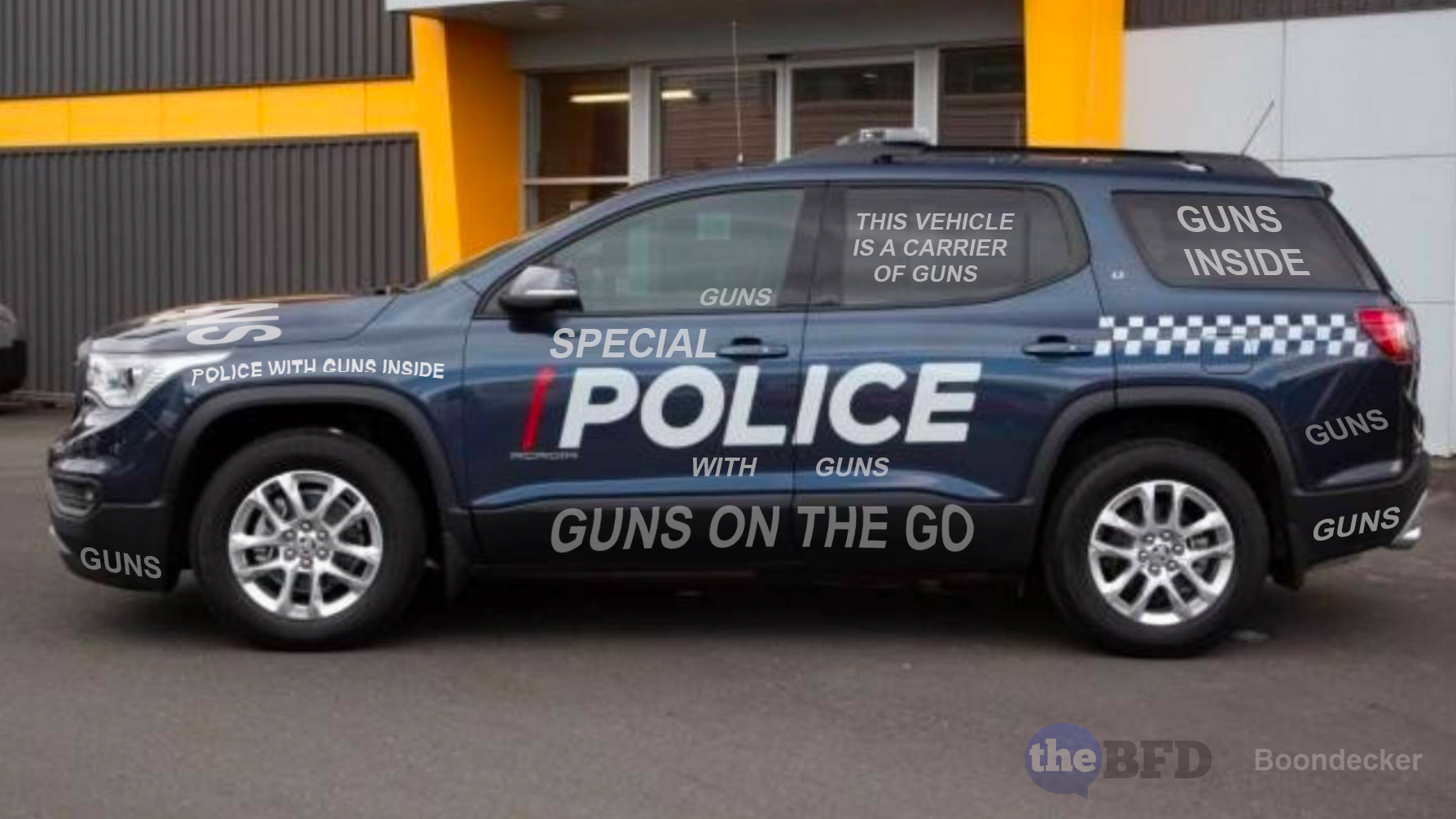WHAT TO DO DURING A VISIT FROM THE POLICE.
If the Police come and knock on your door
The rules for all contact
- Be polite but firm.
- Ask to see identification.
- Record the name of the officer and their station.
- Ask why they are there.
- Ask them to refer to the exact statutory authority they are using to visit your home or to ask you any questions.
- Record the conversation (for your own notes and records).
What is the situation
- If you are a firearms licence holder – standard (see Section 1).
- If you are a firearms licence holder with an endorsed licence (for pistol, restricted weapon, prohibited firearm or prohibited magazine) (see Section 2).
- The police search your home (see Section 3).
- If the police wish to question you (see Section 4).
Section 1 – If you are a standard firearms licence holder
- The police cannot enter your home uninvited to inspect your firearms or gun safe unless they have reasonable belief an offence has been committed. This requires a degree of evidence to support it.
- At no time can the police photograph your firearms.
- At no time can they record the serial numbers of your standard firearms.
- There is no requirement for the police to examine your security at any time; it is up to you to comply with the requirements.
- You need to produce your firearms licence on demand, but you have 7 days to do this if it cannot be located immediately (s 26 2 of the Arms Act 1983).
Section 2 – If you are an endorsed firearms licence holder
- The police can knock on your door at a reasonable time and ask to see individual firearms that you hold as an endorsed person only (ie. not your standard firearms).
- The police can enter at all reasonable times to inspect your safe and security. 5 am in the morning is not a reasonable time. For example, if you have a sick child or guests asleep in the room where the firearms are stored it is therefore not a reasonable time for you as the homeowner. Politely ask them to come back later or set a time with them for another day.
- However, if it is a reasonable time you must allow them to inspect your endorsed firearms (pistols, restricted weapons, prohibited firearms or prohibited magazines) and your safe(s) and security.
- It is an offence to refuse to produce a pistol, prohibited firearm or restricted weapon to the police on demand, or to refuse their request to inspect it and the security for it (s 55b), but this demand to inspect or produce is tempered by s 31A (1) (b), and must be a reasonable time to the home owner, and only if you are actually in possession of the items they are requesting at the time of their demand.
- You must produce your firearms licence on demand by the police. You have 7 days to comply with this demand if it cannot be immediately located.
- Remember there is no such thing as a register of firearms in NZ. The police record of endorsed firearms is their own creation and is of little concern to you. The permission for you to possess a firearm comes from your endorsement and permit to (procure) possess that individual firearm.
Section 3 – The Police enter your home via a search warrant, or under the Search and Surveillance Act warrantless search, or Arms Act provisions for search.
- Ask – “Under which enactment are you searching my home?”
- Ask for a copy of any search warrant.
- Do not answer any questions and say “no comment thank you”, “ I do not wish to make any statement or answer any of your questions”. You have a right to silence. If you are detained lawfully by the police you must give your name, address and date of birth, but nothing else. There is no such thing as “off the record”.
- Ask to call your lawyer without delay.
- Record the name of the OC (officer in charge) and record QID numbers (collar tags) of all police staff attending the search.
Section 4 – The Police ask you to attend the police station and/or come to your home and wish you to answer questions, eg. your name is on a “list” of people to be spoken to etc.
- Get the name and QID number (collar tag) of the officer. Ask for identification.
- Ask – “Under which statutory authority are you requiring me to answer these questions?”
- Politely and calmly refuse to answer any questions and … Ask them to leave your property immediately
- Call a lawyer who can advise or assist you with Official Information Act requests concerning the reasons for their visit and IPCA complaints if appropriate.
Record the conversations (for you own notes and records).
A fit and proper person should be one who co-operates with the police within the requirements of the law, but not beyond it. - Download a printable copy of the guidelines below
If you enjoyed this BFD article please consider sharing it with your friends.

